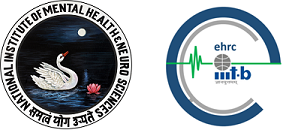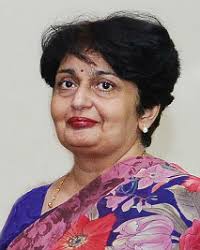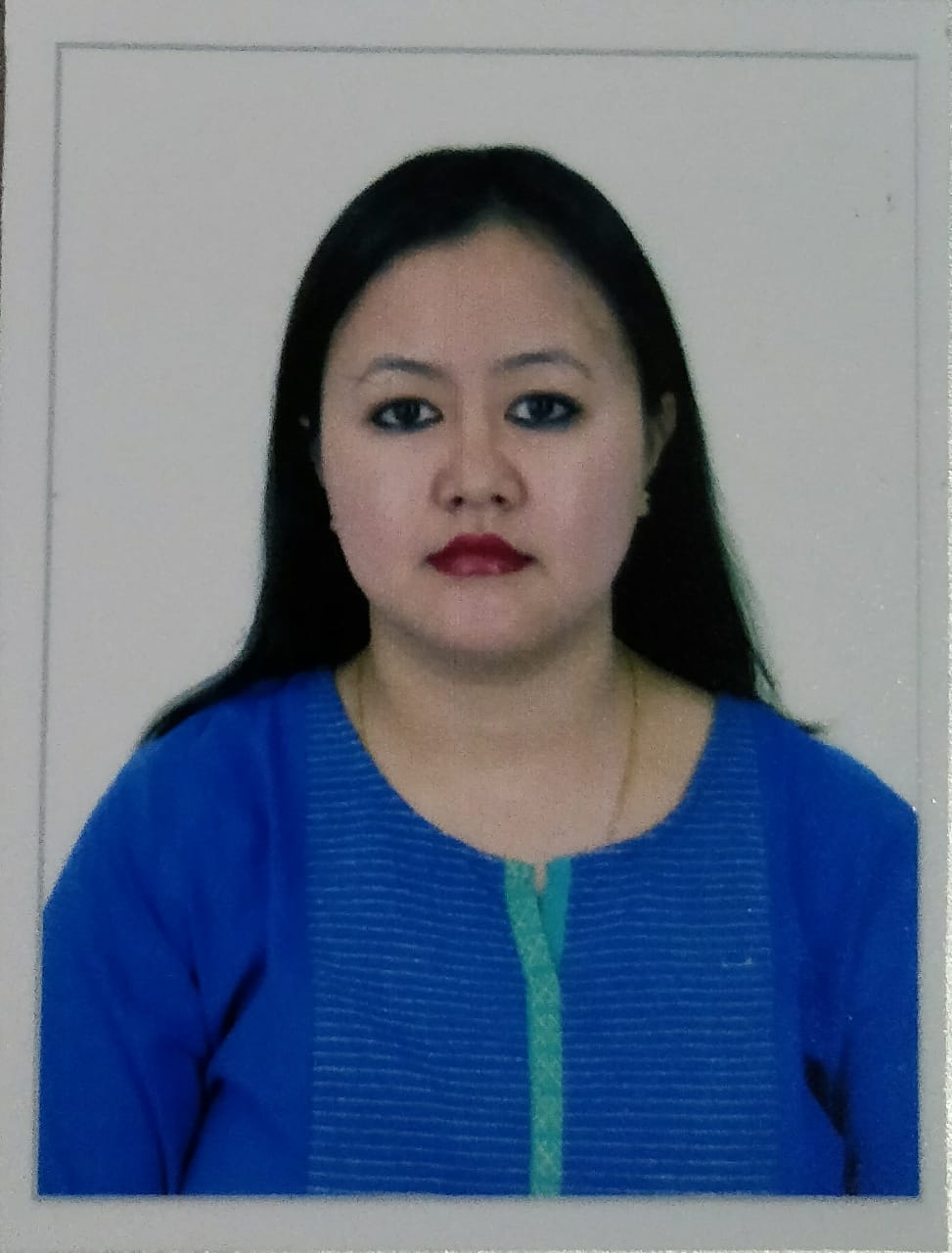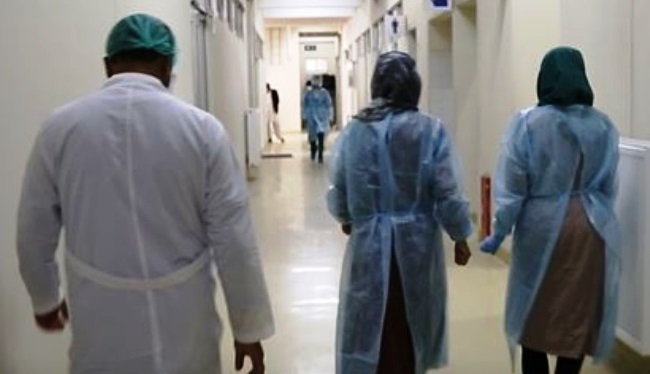Centre urges states to strengthen the mechanism to address the issue
 KRC TIMES Desk
KRC TIMES Desk

A growing number of Indians are turning to seek professional help as multiple forms of mental health issues has risen exponentially with the Coronavirus outbreak. Majority of them, mostly the city residents have been turning to online telemedicine platforms to seek counselling on various issues ranging from loneliness and anxiety to concerns over job loss and dwindling income.
Recognizing the importance of mental health issue, the Centre has urged all the states and union territories to put in place and strengthen mechanisms to spread awareness about rising psycho-social concerns among people during COVID 19. It has been stressed that there is a need to bring mental health issues to the foreground and make them accepted as common ailments which are amenable to treatment. The Centre says mental health services, including advocacy and awareness campaigns, should become part of Government’s response to COVID 19.

“Unlike in the case of physical health, there is a denial of and resistance to less than perfect mental health in India. Many Indians have a hard time accepting that those close to them may need professional clinical help” says Preeti Sudan, Secretary, Ministry of Health & Family Welfare, Government of India in her blog ‘Minding our Mind during COVID 19.’
A state-level report by the Indian Council of Medical Research (ICMR), published in 2017, had noted that about one in seven persons in the country suffers from mental disorders of varying severity, with depression and anxiety disorders being the most common, affecting 45.7 million and 44.9 million people, respectively.
Further, the findings of a countrywide National Mental Health Survey 2015-16 by the National Institute of Mental Health and Neuro-Sciences (NIMHANS) revealed that nearly 150 million Indians need active mental health care interventions while fewer than 30 million are seeking this support.

Sudan says “Covid-19 has inadvertently fast-tracked attention to this mental health time bomb. With physical, and, therefore, implied social distancing, being enforced globally as one of the most effective ways to deal with the physiological aspect of the pandemic, the social networking that aided mental well-being is suddenly missing.”
“The stigma associated with Covid-19 patients is an unfortunate reflection of the uninformed judgments we are subjected to daily. Doctors and caregivers who work round-the-clock away from their families, risking their lives for others, are being ostracized by their communities. This is enough to cause stress even to the most resilient” says Kavitha Narayan, Technical Advisor in the Health Ministry.
Bangalore based NIMHANS has launched a national helpline (080-46110007) to provide counselling on mental health and psycho-social issues related to the pandemic and lockdown. This is available in several Indian languages, with a dedicated helpline for Covid-19 health care warriors. A separate online platform https://psychcare-nimhans.in has also been set up for mental health support. This forum is based on a joint initiative between the Department of Clinical Psychology, NIMHANS and the e-Health Research Centre, IIIT Bangalore. The queries mainly revolve around stress, isolation, separation from loved ones, excessive use of technology, anger and irritation, worries about future etc.

Several webinars and videos including stress management, social stigma during the Coronavirus pandemic, addressing psychosocial concerns of health care workers and dealing with issues of children and senior citizens, among others, are being uploaded regularly by NIMHANS and the All India Institute of Medical Sciences (AIIMS) on the website of the Ministry of Health & Family Welfare – www.mohfw.gov.in
There have also been concerted efforts put in by the private sector. A study conducted by the telemedicine online platform Lybrate, a Gurgaon based start-up revealed that there have been over 180 per cent rise in online patient consultations around mental health conditions on its platform, with Mumbai, Delhi, Pune, Ahmedabad and Bengaluru accounting for the bulk of queries.





